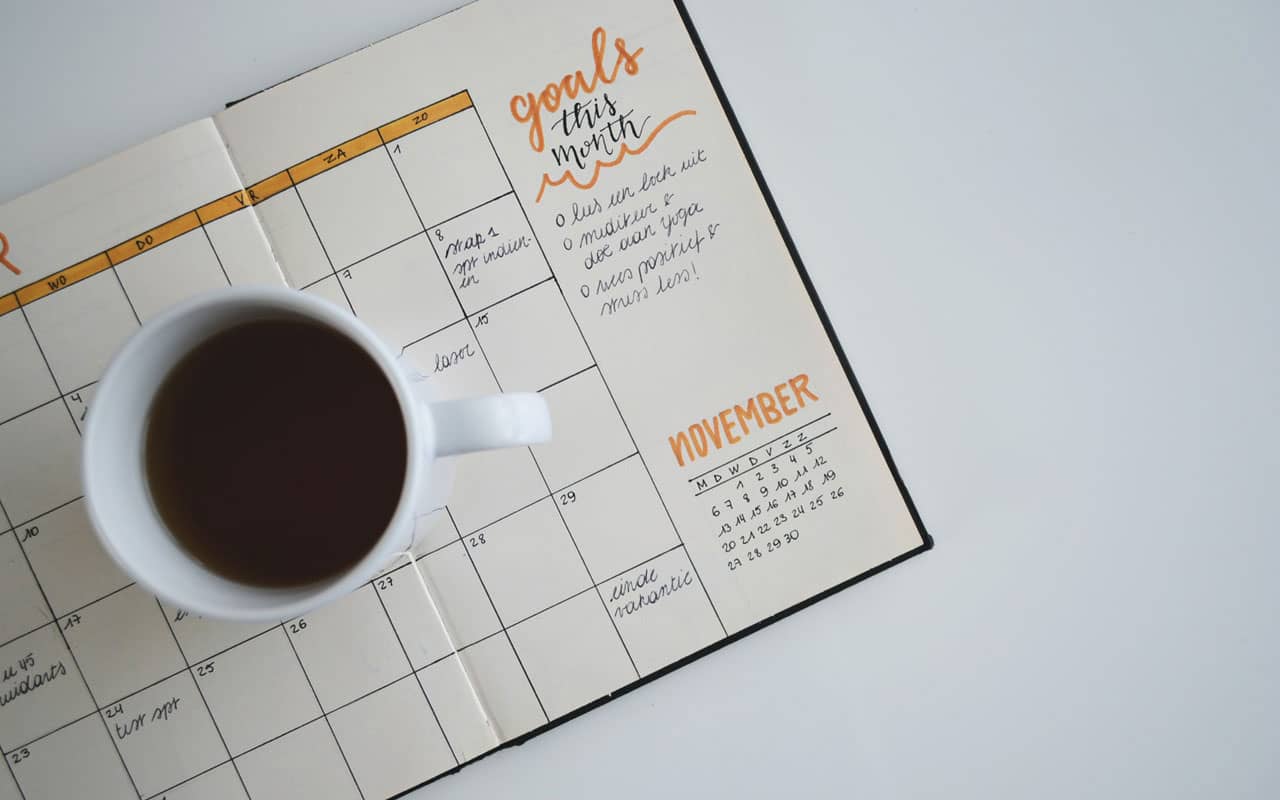 Imagine stumbling across a treasure trove of memory improvement tips that actually work.
Imagine stumbling across a treasure trove of memory improvement tips that actually work.
Not only are you suddenly able to remember the names of everyone you meet.
You’re also passing exams, remembering vocabulary and phrases in multiple languages and wowing yourself, your family and your friends.
What would it take to make such a list a reality?
For one thing, the tips would need to be specific to your actual goal.
And it would need to be written by a memory expert who actually applies mnemonics to the kinds of information you want to remember better.
Here’s the very good news:
You’ve just stumbled across the best memory improvement strategies on the Internet.
And they’re gathered by myself, a renowned memory expert with decades of experience using mnemonics, teaching them and even judging memory competitions.
Ready to open this treasure chest?
Let’d dive in!
If You Want to Improve Your Memory, Here’s What Matters Most
The main reason people struggle with memory techniques, is that they’re looking for a one-size-fits-all approach to memory improvement.
But when it comes to learning how to improve memory, the best place to start is with a goal.
You need to ask yourself what kinds of memory improvement you’re looking for. The major categories involved in memory improvement involve:
- Recovering from memory loss
- Making language learning easier
- Performing better in social situations
- Passing tests and exams
You’ll instantly do much better by choosing memory techniques or cognitive training exercises that relate specifically to a well-defined goal or outcome.
In other words, there really are no such thing as memory tips for every scenario. There are different types of information and different kinds of situations to consider.
With this critical point in mind, let’s look at each of these categories in-depth and set you up with the best possible memory tips.
Memory Improvement Tips for Memory Loss
I’ll never forget when Michael Gusman told me about how memorizing Bible verses using mnemonics helped him restore his memory following a nearly-tragic car accident.
Although you might be skeptical, many memory experts have shown how using mnemonics and other kinds of memory training can help people recover from traumatic brain injury or strokes. Dr. Gary Small is one of many and he recommends passive memory routines, like the 4-details brain exercise.
Memory loss may also result from poor eating habits that harm your memory. Reviewing your diet from top to bottom can help reverse memory loss tremendously. Certain memory-friendly foods, teas and herbs are a key part of improving.
When it comes to recovering from memory loss, memory training can help. But often people need to look to exercises and dietary change first.
Memory Improvement Tips for Language Learning
Did you know that studies of bilingualism have shown that learning at least one other language can help fend off Alzheimer’s and Dementia?
That’s great news, because learning a new language is not that difficult. The main tips boil down to a near-daily diet of:
- Reading
- Writing
- Speaking
- Listening
- Memorizing vocabulary and phrases
You might be thinking… how is “reading” a language learning tip?
Easy: It’s one of the most direct and natural forms of spaced repetition when you’re picking up a language. It certainly beats rote learning.
As part of your language learning journey, you may also want to consider the highly-optimized uses for flash cards and Anki I’ve created for you.
Then there’s the ultimate memory technique I recommend: The Memory Palace for Language Learning. In a Memory Palace, you will use a number of association systems based on the principle of mnemonic imagery.
Memory Improvement Tips for Social Situations
When it comes to memory improvement strategies for social situations, the first step is to improve your ability to remember names.
Next, you’ll want to work on memorizing conversations in real-time. This will help you keep track of many things as you enjoy the company of your friends.
Finally, you’ll want to remove any chance of embarrassment. To do that, it’s important to stop losing things.
Finally, it’s useful to practice mental strength and develop a personal philosophy. That way, you can be the best possible friend and an overall good citizen while in public.
Memory Improvement Techniques for Studying
In many ways, sitting for an exam is a kind of social situation. You’ve gone to the classes and you’re ready to prove to society that you’ve mastered a particular topic with full mental acuity.
Studying effectively boils down to:
- Practicing identifying and memorizing the main points of books
- Scheduling your time (including sleep and physical fitness)
- Using active reading strategies and chunking
- Using critical thinking skills to distinguish between facts and trivia
- Mind mapping
- Summarizing what you read
- Using the Memory Palace technique or method of loci
- Using acronyms, ideally based on a pegword method
- Having advanced mnemonic strategies like the Major System
One of my favorite ways to improve my memory for topics I’ve studied circles back to being social:
Spend time talking with your friends and colleagues about what you’re learning. One study has shown that as little as ten minutes of talking about what you’re learning can help improve your exam scores.
The best part about the conversation memory tip is that the research shows it works for all ages.
Improve Your Memory Fast with These Tips
As we’ve seen, there are different memory needs, so the most important tip is to really think about your goal.
Then, reverse the journey and think about what you need to remember better in order to achieve your goal. Improving your memory is always possible, and you can get there a lot faster when you’re using the right techniques for the job.
Now, you might be thinking:
I don’t have a goal? How can I get one?
I’m glad you asked because many of my students have mentioned this to me. That’s why I created this free training on how to craft a memory improvement “vision statement” using journaling.
This kind of mental training also gives you reflective thinking muscles a good workout.
And if you’d like even more memory improvement tips, here’s one I think you’re really going to love. Take my free course:
It will help you develop a full mnemonic system and give you tips on how to get anything you want into long-term memory while exercising your short-term memory.
So what do you say?
Are you ready to master your memory on the basis of specific goals and the right memory improvement tips for the job?
Enjoy this journey and feel free to leave a comment or get in touch if you have any questions!
Related Posts
- Memory Improvement Techniques For Kids
You're never too young to get started with memory techniques
- Memory Loss Story And Memory Recovery Tips With Jennie Gorman
Memory loss is frightening. However, the solution may be simpler than you think. Jennie Gorman's…
- Reach Any Memory Improvement Goal With These Atomic Habits From James Clear
James Clear shares with us the Atomic Habits you can use for memory improvement, your…








